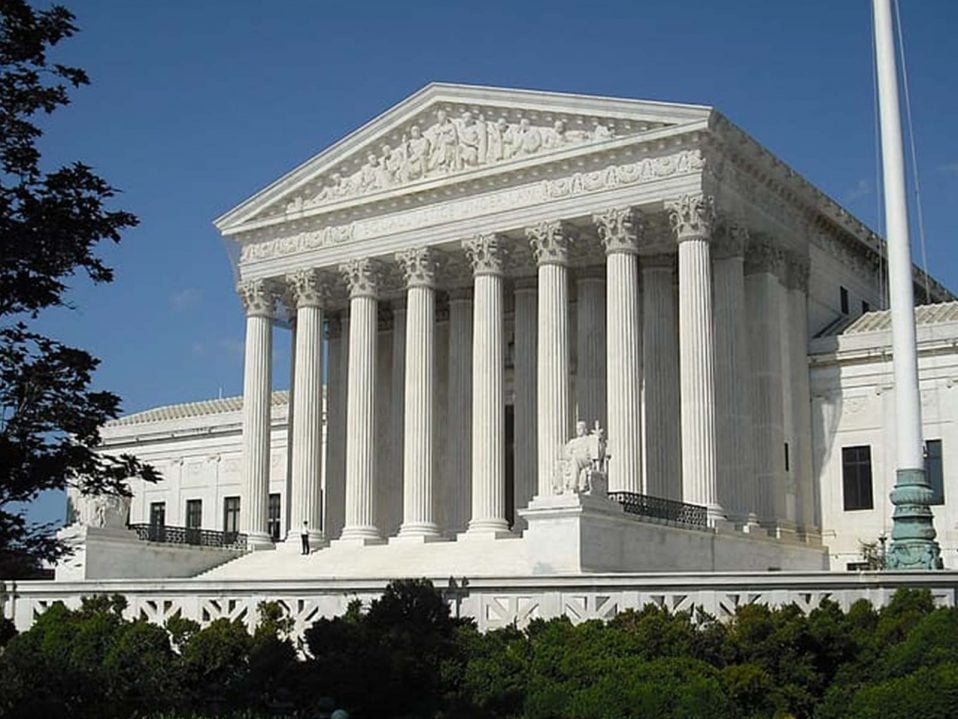Washington, D.C.—Today, American Atheists joined other secular organizations in filing an amicus brief in the Little Sisters of the Poor v. Pennsylvania case, one of the most important religious exemption cases before the U.S. Supreme Court this term.
In the 2016 Supreme Court case Zubik v. Burwell, religious organizations, including Little Sisters of the Poor, challenged the religious accommodation that had been carved out of the Affordable Care Act’s contraceptive mandate. In order to exempt themselves from the obligation to provide health insurance that included no-cost contraception coverage, religious organizations were required to notify the government that they wished to be exempt by completing a half-page form. Little Sisters of the Poor, among others, argued that even this involved them too much in the “sin” of reproductive health.
Now Little Sisters of the Poor and its cohorts want a second bite at the apple. In its current case against the states of Pennsylvania and New Jersey, Little Sisters of the Poor alleges, once again, that merely providing this notice to the government is a “substantial burden” on their religious exercise.
“What Little Sisters of the Poor is asking for is an exemption from an exemption—one just for religious groups. To claim that signing a piece of paper is a burden, let alone substantially burdensome, is absurd,” said Geoffrey T. Blackwell, litigation counsel at American Atheists. “Little Sisters of the Poor do not have the right to dictate how the government will administer that exemption.”
According to well-established precedent, a religious person or group must always provide the government with notice in order to avail themselves of a religious exemption. Conscientious objectors wishing to forgo combat must file a claim of religious or philosophical objection. Religious adherents wanting to drink hallucinogenic tea ceremonially must file for an exemption or may face criminal penalties. Parents who choose to remove their children from school on religious grounds must inform school officials, or else they could be charged with a misdemeanor.
“Little Sisters of the Poor’s claim that filing paperwork somehow involves them in sin and distant complicity makes no sense,” added Blackwell. “Even if the Little Sisters of the Poor truly believed this, the Court can and should find that mailing in a piece of paper is in no way a ‘substantial burden’ on anyone’s religious expression. Were the Supreme Court to rule otherwise, the term ‘substantial burden’ would lose all meaning and the Court would open the floodgates to ever more absurd claims.”
“Behind Little Sisters of the Poor’s sugarsweet veneer lies the ideologically driven desire to deny every woman in America the right to access contraceptive coverage,” said Nick Fish, president of American Atheists. “Religious employers have every right to police their own bodies, but not those of their employees.”
“Religious groups must follow the law. To allow them to demand an exemption from an exemption would make our democracy wholly unworkable,” he added.







